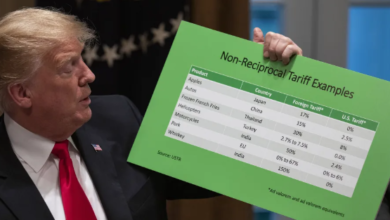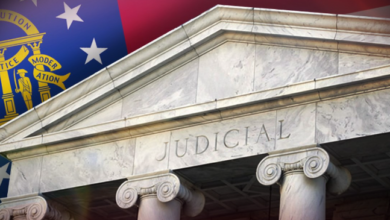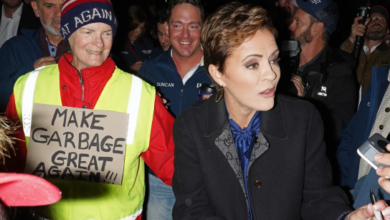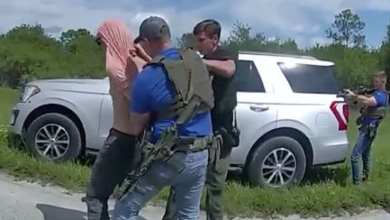Jury Selection Complete In Oath Keepers Seditious Conspiracy Trial

WASHINGTON — A panel of jurors was chosen Thursday to serve in the Oath Keepers’ sedition trial after three long days of selection proceedings in federal court.
The group of 12, with four alternates, will weigh evidence starting next week to determine whether members of the far-right extremist group conspired to stop the peaceful transfer of presidential power from Donald Trump to Joe Biden on Jan. 6, 2021.
Judge Amit Mehta of the U.S. District Court for the District of Columbia will swear the panel in on Monday before opening statements are presented.
The Oath Keepers’ founder, Elmer Stewart Rhodes, and four co-conspirators who allegedly held leadership positions in the group are each facing up to 20 years behind bars for seditious conspiracy.
A conviction would be a big victory for the Justice Department, whose work tracking down and charging the U.S. Capitol rioters constitutes the largest criminal investigation in its history. It would also bolster the Biden administration’s characterizations of the Capitol riot as a threat to American democracy.
Roughly half the jurors are women. Most had heard of the Oath Keepers, although they were not generally very familiar with it. Of those who had heard of the group, the jurors tended to be aware that its members were involved with the Jan. 6 attack on the Capitol, but they were not familiar with any specifics. Many had seen some coverage of the House select committee’s public hearings on the events of that day but were not avid viewers.
All expressed a willingness to set aside any prior impressions of the group in order to do their jobs fairly as jurors. As one put it, “Facts is facts.”
Over the length of the trial, which is expected to last at least five weeks, jurors will be expected to avoid all news coverage of the trial and of the Jan. 6 attack, including tweets and push notifications, which they will have to silence.

Manuel Balce Ceneta/Associated Press
The juror selection process highlighted the lasting impressions Jan. 6 has made on some District of Columbia residents, with many recalling the fear and anxiety they experienced as a rally organized by Trump and his supporters descended into chaos. One of the potential jurors knew one of the U.S. Capitol Police officers who responded to the violence and, two days later, killed himself. Another likened watching the riot unfold on TV to watching the aftermath of the 9/11 terrorist attacks. One man appeared visibly upset recalling the threat the Capitol rioters had potentially posed to his children. None of these members of the pool were ultimately chosen to be on the jury.
Mehta qualified more than 45 jurors over the course of three days; attorneys for the government and for the defendants were then given a chance to veto a certain number of candidates. The judge reasoned that certain people could be qualified even if they had a connection to Jan. 6 if they demonstrated an ability to talk about the events of the day without emotion.
Extensive questioning had eliminated many prospective jurors who were too familiar with the Oath Keepers’ role in the Capitol attack; reports have already come out with significant evidence of their planning.
[ad_2]
Source link





